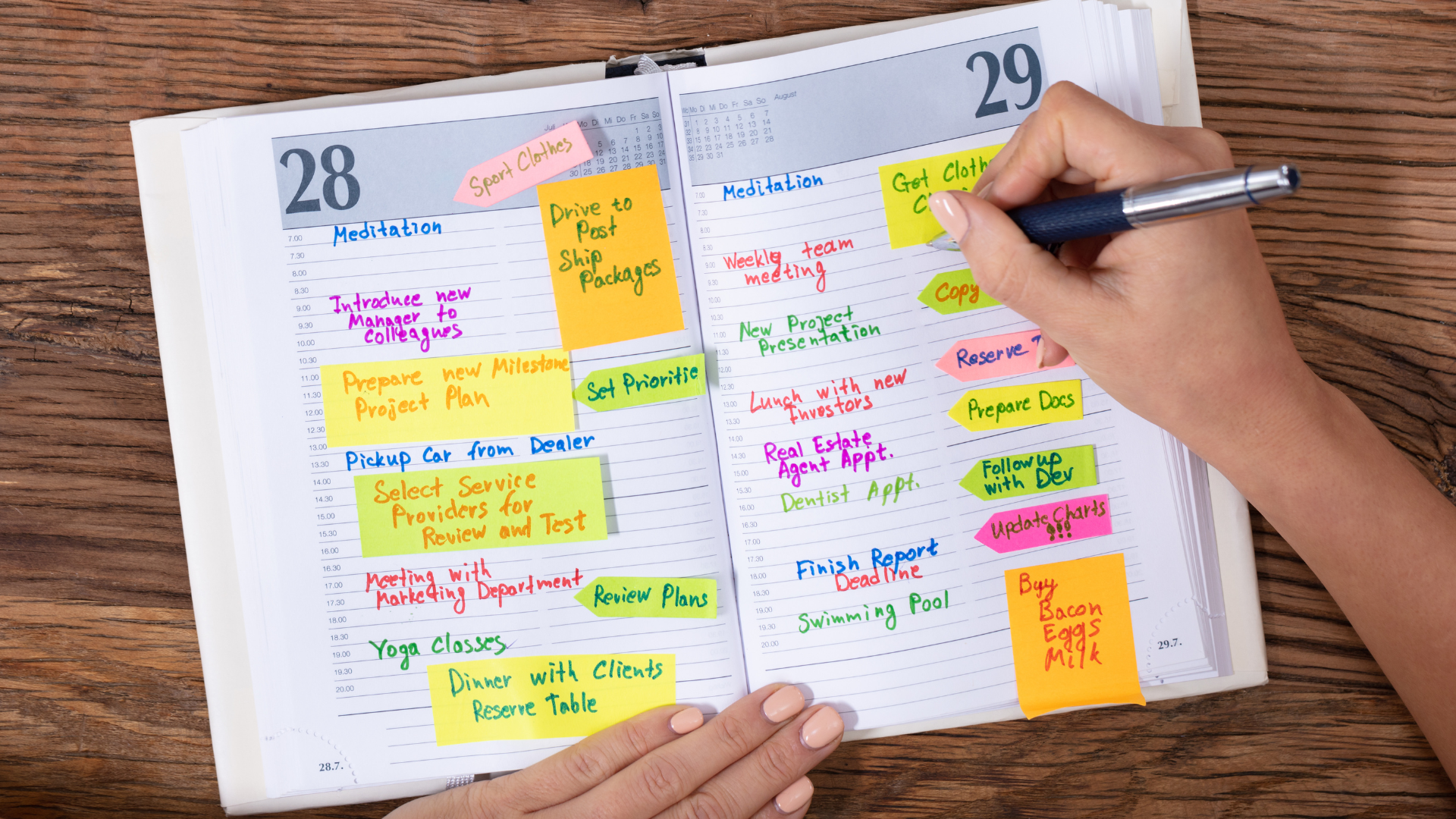Mastering the Morning Rush: How to Navigate Busy Mornings and Still Show Up Strong
For many healthcare aides, mornings can feel like a race against the clock—getting ready, preparing meals, caring for children or loved ones, and rushing out the door to begin a demanding shift. It’s not easy, but with the right habits and mindset, you can turn chaotic mornings into a more calm and focused start to your day. At Fordham Institute Inc., we know your mornings set the tone for your entire day. Here are some tips to help you take control of the chaos and show up to work confident, prepared, and energized.
1. Prep the Night Before
One of the best ways to win your morning is to start the night before. Lay out your uniform, pack your bag, prep your lunch, and review your schedule.
Tip: Even spending just 10–15 minutes getting things in order at night can save you stress in the morning.
2. Set a Realistic Wake-Up Time
Give yourself enough time to get ready without rushing. Waking up 20–30 minutes earlier might seem hard at first, but it allows for a calmer start and less forgetfulness.
Tip: Avoid hitting snooze. Try placing your alarm across the room so you have to get up to turn it off.
3. Fuel Your Body
Don’t skip breakfast. A simple meal—like oatmeal, fruit, or eggs—can give you the energy and brainpower you need to take on your shift.
Tip: Prepare quick grab-and-go options like yogurt, overnight oats, or breakfast wraps in advance.
4. Organize Your Essentials
Have a designated spot for keys, ID badges, pens, and anything else you’ll need for work. When everything has its place, you save time and reduce last-minute scrambling.
Tip: Keep a backup of essentials (like a pen, gloves, sanitizer) in your bag just in case.
5. Create a Mini Morning Routine
Even in the busiest mornings, a quick moment to ground yourself can change everything. Stretch, breathe deeply, or say a quick affirmation.
Tip: Try repeating, “Today I will show up with purpose and peace,” before heading out.
6. Be Kind to Yourself
Not every morning will go smoothly—and that’s okay. Give yourself grace. What matters is that you keep showing up and doing your best.
Tip: Let go of what didn’t go perfectly and focus on what’s in front of you.
You’ve Got the Power to Own Your Mornings
Busy mornings don’t have to mean stressful days. With a few intentional habits, you can create structure, ease, and strength before your shift even begins.
At Fordham Institute Inc., we’re proud of our students and graduates who manage not just work—but life—with grace and grit. Keep showing up, one morning at a time.
Your purpose is powerful, and your presence matters—every single day





